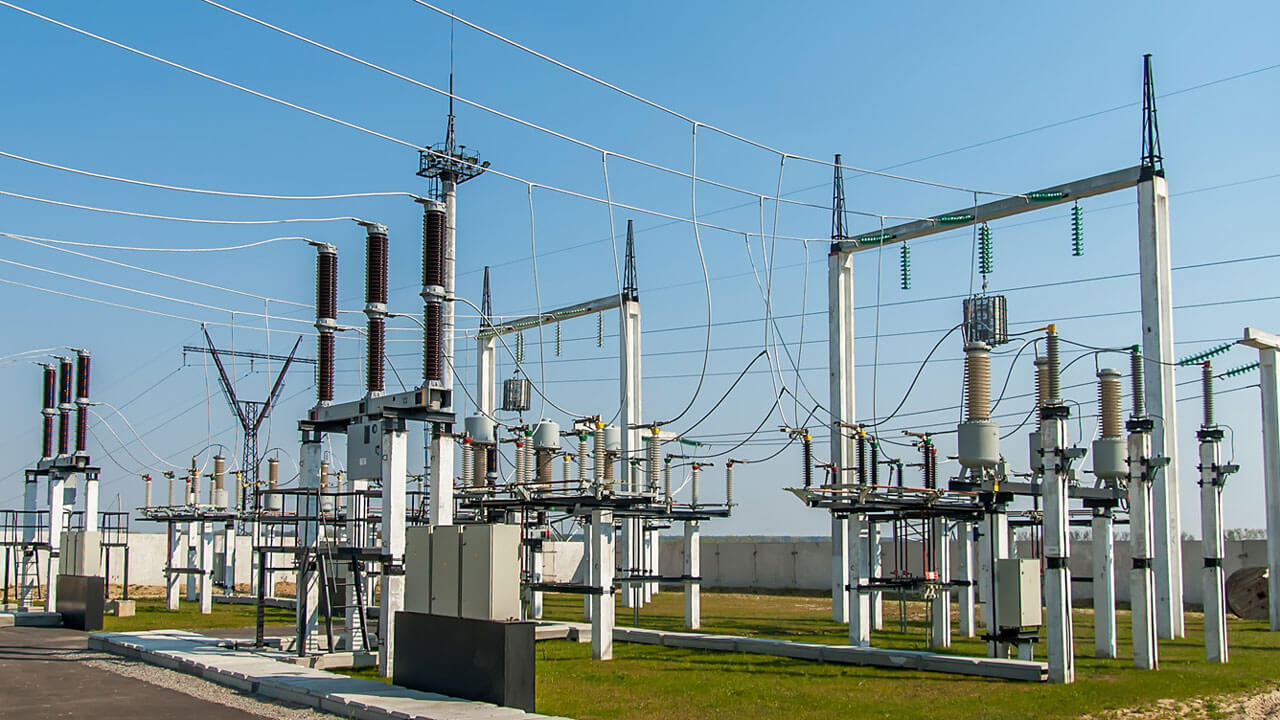
A new report warns that Ghana’s persistent energy crisis can only be resolved through structural reforms across the entire power sector, rather than focusing solely on the Electricity Company of Ghana (ECG), despite the utility’s well-documented financial and operational troubles.
The study, Securing Ghana’s Energy Future: Policy Actions for Sustainability and Efficiency, authored by Seth Owusu-Mante for the International Perspective for Policy and Governance (IPPG), draws on findings from a February 2025 expert roundtable in Accra that brought together senior government, industry, academic, and civil society leaders.
While ECG remains the most visible weak link, plagued by revenue collection problems, widespread electricity theft, and mounting debts, the report concludes these issues are symptoms of deeper institutional and policy failings.
By December 2024, Ghana’s energy sector debt had surged to nearly US$3 billion, fuelled by foreign exchange mismatches, delayed tariff reviews, and unresolved arrears.
“ECG collects revenue primarily in cedis but must settle substantial power purchase obligations in U.S. dollars, a vulnerability worsened by cedi depreciation,” the report notes.
“The sector is not suffering from a shortage of policies but from an excess of overlapping rules, weak enforcement and institutional fragmentation.”
The report acknowledges some progress. ECG, adhering to the Cash Waterfall Mechanism (CWM), disbursed GH¢1.07 billion in May 2025 alone — GH¢554.9 million to Independent Power Producers (IPPs) and fuel suppliers, and GH¢518.3 million to state utilities and regulators. Major payments included Cenpower (GH¢105 million) and Bui Power (GH¢88.4 million).
The Public Utilities Regulatory Commission (PURC) confirmed full compliance, praising the transparency of the process.
However, inefficiencies run deeper. National energy institutions face bloated bureaucracies, overlapping mandates, and chronic underperformance. Daily crude oil production dropped from 215,000 barrels in 2019 to below 190,000 by late 2024, while recurring disruptions at the Atuabo Gas Plant have weakened baseload supply, forcing costly fuel imports.
The report also points to entrenched political dynamics, citing “political settlements” — informal elite arrangements prioritizing loyalty and patronage over efficiency — as a key barrier to reform.
These dynamics, it argues, delay the implementation of initiatives such as the Energy Sector Recovery Programme (ESRP) and the Energy Sector Levies Act (ESLA).
The IPPG calls for urgent reforms, recommending short-term measures like private-sector participation in ECG’s operations, transparent cash flow tracking, and completion of the Second Gas Processing Plant (GPP II).
Medium-term priorities include streamlining institutional mandates and overhauling the Net Metering Code, while long-term goals involve restructuring ECG into a performance-driven utility and opening the sector to wider private investment.
The report concludes: “Reform will only succeed if it confronts the political-economic constraints that have sustained the current system.”



